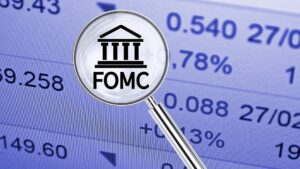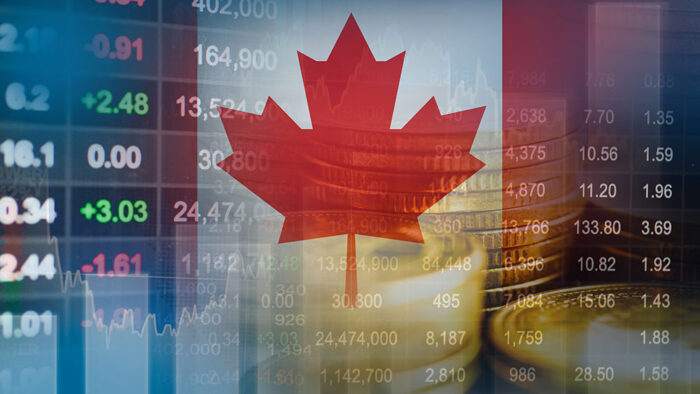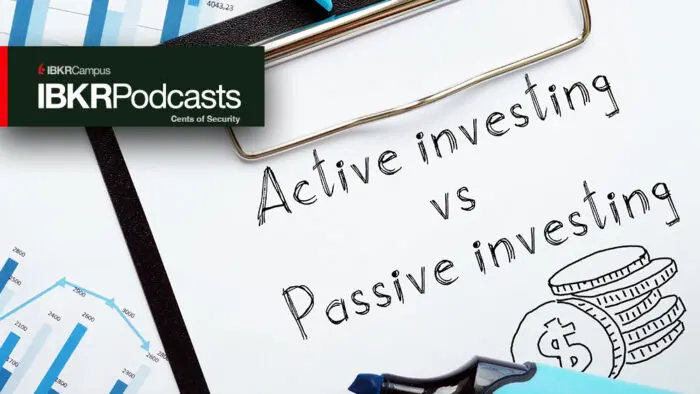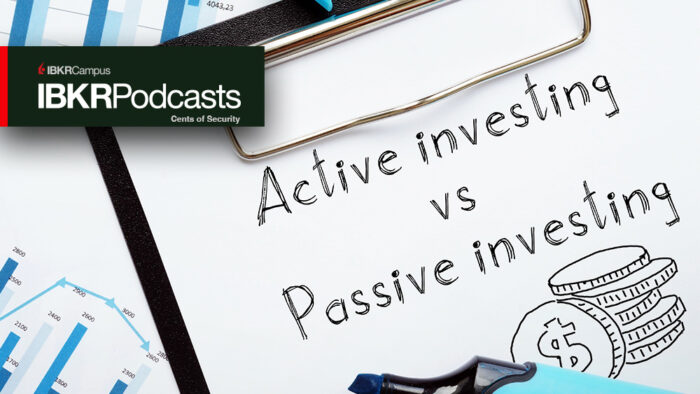- The 20 stocks that have seen the highest net institutional inflows in the 2022 year to 9 Dec, with combined net buying of S$3.6 billion, averaged 35% total returns for the past 49 weeks. As many as 17 of the 20 stocks outpaced the STI’s 8% total return, and all 20 stocks outpaced the FTSE Asia Pacific Index 16% decline in total return.
- Of the 20 stocks’ S$3.6 billion in net buying, more than S$750 million was contributed since 30 Sep, with 17 of the 20 stocks recording net institutional inflows over the 10 weeks, led by inflows to Sembcorp Marine, Genting SG and Singtel. Sembcorp Marine has also been the strongest performer of the 20 stocks over the past 10 weeks.
- In addition to Sembcorp Marine, the 20 stocks included other non-STI stocks such as Sheng Siong Group and The Hour Glass, with five of the non-STI stocks also maintaining less than S$1 billion in market value – Riverstone, Hong Fok, Chip Eng Seng, Samudera Shipping and Jiutian Chemical.
Close to 300 Singapore-listed stocks have been recipient to net institutional inflows in the 2022 year through to 9 Dec. The 20 stocks currently listed for trading that booked the highest net institutional buying over the 49 weeks, were led by Singapore Telecommunications, Overseas Chinese Banking Corporation, Keppel Corporation, City Developments and Sembcorp Marine. The 20 stocks contributed 85% of the combined net institutional inflows of the close to 300 stocks recipient of year-to-date net institutional inflows.
These 20 stocks also averaged 35% (18% median) total returns for the 49 weeks, with 17 of the 20 stocks outpacing the STI’s 8% total return and all 20 stocks outpacing the FTSE Asia Pacific Index decline in total return. Similarly, as highlighted in a Market Update last year, 17 of the 20 stocks that had booked the highest net institutional inflows in the 2021 year to 3 Dec, had outpaced the STI’s then YTD return.
The 20 stocks and their respective net institutional inflows for the 2022 year to 9 Dec, in addition to net institutional inflows/outflows since 30 Sep are tabled below.
| 20 Singapore Stocks With Highest Net Institutional Inflows in 2021 to 9 Dec | Code | Mkt Cap S$M | Net Insti Flow YTD S$M | Total Return YTD % | 12M Hist. Vol % | Net Insti Flow QTD S$M | Total Return QTD% | Sector |
| Singtel | Z74 | 43,570 | 889.4 | 19 | 19 | 106.2 | 2 | Telecommunications |
| OCBC Bank | O39 | 55,283 | 487.5 | 13 | 16 | 28.7 | 4 | Financial Services |
| Keppel Corp | BN4 | 13,105 | 389.5 | 54 | 18 | 57.2 | 8 | Industrials |
| City Dev | C09 | 7,437 | 304.8 | 27 | 21 | 20.6 | 8 | Real Estate (excl. REITs) |
| Sembcorp Marine | S51 | 4,457 | 212.0 | 73 | 42 | 148.2 | 34 | Industrials |
| Jardine C&C | C07 | 11,134 | 201.1 | 42 | 27 | 44.4 | -17 | Consumer Cyclicals |
| Sembcorp Ind | U96 | 5,703 | 195.6 | 64 | 26 | 7.2 | 4 | Utilities |
| Genting Sing | G13 | 10,744 | 187.4 | 18 | 20 | 116.7 | 13 | Consumer Cyclicals |
| CapitaLandInvest | 9CI | 18,564 | 102.7 | 10 | 26 | 9.8 | 5 | Financial Services |
| SIA | C6L | 16,308 | 97.6 | 12 | 17 | 57.8 | 10 | Industrials |
| YZJ Shipbldg SGD | BS6 | 5,333 | 94.9 | 106 | 43 | 89.4 | 31 | Industrials |
| CapLand IntCom T | C38U | 13,403 | 84.9 | 2 | 22 | 5.5 | 5 | REITs |
| Sheng Siong | OV8 | 2,481 | 80.2 | 18 | 13 | 25.5 | 4 | Consumer Non-Cyclicals |
| Chip Eng Seng | C29 | 588 | 63.3 | 91 | 26 | 53.6 | 7 | Real Estate (excl. REITs) |
| Wilmar Intl | F34 | 25,278 | 62.4 | 2 | 22 | -15.2 | 5 | Consumer Non-Cyclicals |
| TheHourGlass | AGS | 1,370 | 41.3 | 6 | 34 | 1.1 | 0 | Consumer Cyclicals |
| Riverstone | AP4 | 926 | 32.3 | 11 | 48 | -1.1 | 12 | Healthcare |
| Samudera Shipping | S56 | 474 | 24.3 | 93 | 59 | 0.1 | 6 | Industrials |
| Jiutian Chemical | C8R | 161 | 19.8 | 16 | 38 | -1.7 | 5 | Materials & Resources |
| Hong Fok | H30 | 787 | 18.9 | 28 | 31 | 0.6 | -2 | Real Estate (excl. REITs) |
| Total | 237,108 | 3,590 | 755 | |||||
| Average | 35 | 28 | 7 |
Source: SGX, Refinitiv, Bloomberg (Data as of 9 Dec 2022). Note table does not include stocks that have been delisted or are currently suspended for trading.
Five of the above tabled stocks represent the Industrials Sector:
- Keppel Corporation’s Group revenue (including contributions from discontinued operations) grew 24% to S$6.8 billion in 9M22, from S$5.5 billion in 9M21, underpinned by higher revenue contributions from Keppel Infrastructure, Keppel Offshore & Marine (‘Keppel O&M’), M1 and Keppel Capital. Since the launch of Keppel’s asset monetisation program in Sep 2020, the Group has achieved close to S$4.4 billion and is confident of exceeding its target of S$5 billion of asset monetisation before the end of 2023. Keppel Corporation also conducted a S$500 million buyback program this year, which compared to its less than S$15 million in buybacks 2021. As the Group maintained at its 3Q22 briefing, motivations for the buybacks included a call that the share price was still not fully reflective of intrinsic value and, more importantly, this was also currency that the Group could use for potential M&A transactions.
- Sembcorp Marine entered into an agreement for a proposed combination of Sembcorp Marine and a restructured Keppel O&M back in April, before the agreement was revised in October, effecting the proposed combination via a direct acquisition with a simplified transaction structure and improved terms. At the same time, from the start of 2022, the Group had a total of 21 projects under execution with 12 projects scheduled for completion and delivery in 2022. This includes the P-82 Floating Production Storage and Offloading (FPSO) contract, worth approximately S$4.25 billion, and the largest EPC contract secured by Sembcorp Marine from Petrobras, the Brazilian state-owned oil and gas producer. The Group noted in mid-November it continues to see improvement in order visibility, underpinned by high energy prices, renewed concerns of energy security in the wake of geopolitical tensions, and acceleration of the energy transition towards renewables. Renewable wind energy and other cleaner and green solutions now account for approximately 34% of the Group’s net order book.
- On 4 Nov, Singapore Airlines reported its highest half year and quarterly operating profit in history, with the Group resuming its dividend payments. This coincided with demand for air travel surging after Singapore fully reopened to vaccinated travelers in April 2022, and border restrictions eased across many key markets with Singapore Airlines and Scoot carried 11.4 million passengers during the six months to 30 September 2022, a 13-fold jump from a year before. Passenger capacity also rose to an average of 68% of pre-pandemic levels in the Sep quarter. On 29 Nov, Singapore Airlines and Tata Sons agreed to merge Air India and Vistara, with SIA also investing S$360 million in Air India as part of the transaction. This would give Singapore Airlines a 25.1% stake in an enlarged Air India group with a significant presence in all key market segments, with the merger subject to regulatory approval and expected to be completed by March 2024.
- Yangzijiang Shipbuilding (Holdings) delivered a 70% YoY increase in 1H22 revenue to RMB9.7 billion, backed by higher contribution from all segments. The orderbook stood at 143 vessels worth US$10.3 billion in contract value, as of 13 Nov, which are slated for deliveries from now to 2026. The Jiangsu-based shipbuilder has also benefited from the appreciating US Dollar this year and spun-off Yangzijiang Financial Holding.
- Samudera Shipping Line announced on 28 Oct that a preliminary assessment of its Financial Results showed the Group has recorded a significant improvement in revenue and earnings for 9M22 as compared to 9M21. This was primarily due to an increase in container volume handled and higher freight rates in 2022. The Group added that barring unforeseen circumstances, its performance for the full year ended 31 December 2022 is expected to be significantly better than its performance for 2021. Back on 28 Jul, the Group recorded a 127.8% growth in revenue for 1H22 to US$476.2 million, compared to US$209.1 million in 1H21. Primarily engaged in container shipping transportation of cargo in the Asia region, the Group’s vessels and services currently ply trade routes connecting various ports in Southeast Asia, the Indian Subcontinent, the Far East, and the Middle East.
—
Originally Posted December 12, 2022 – 20 Stocks with Most Net Insti Inflow Returned 35% YTD
Disclosure: Interactive Brokers
Information posted on IBKR Campus that is provided by third-parties does NOT constitute a recommendation that you should contract for the services of that third party. Third-party participants who contribute to IBKR Campus are independent of Interactive Brokers and Interactive Brokers does not make any representations or warranties concerning the services offered, their past or future performance, or the accuracy of the information provided by the third party. Past performance is no guarantee of future results.
This material is from Singapore Exchange and is being posted with its permission. The views expressed in this material are solely those of the author and/or Singapore Exchange and Interactive Brokers is not endorsing or recommending any investment or trading discussed in the material. This material is not and should not be construed as an offer to buy or sell any security. It should not be construed as research or investment advice or a recommendation to buy, sell or hold any security or commodity. This material does not and is not intended to take into account the particular financial conditions, investment objectives or requirements of individual customers. Before acting on this material, you should consider whether it is suitable for your particular circumstances and, as necessary, seek professional advice.




























